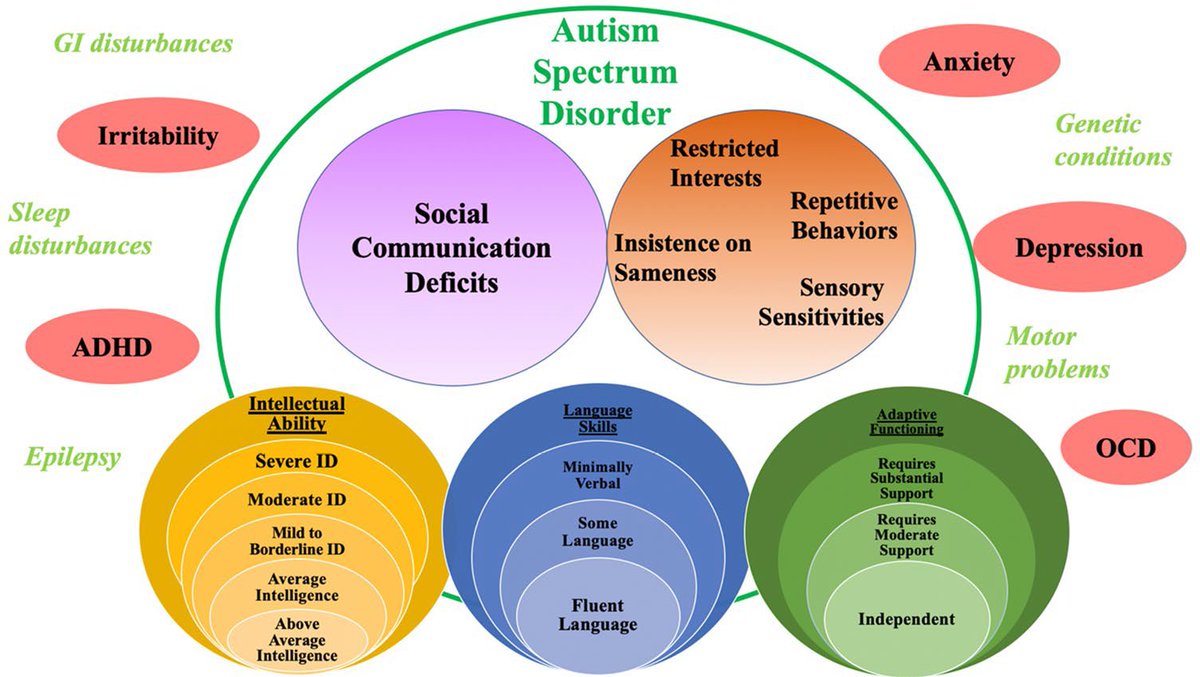
Fun fact. 10 clinicians (many highly specialised autism specialists) who consulted on developing EDA-Q, suggested adding question that assess for communication issues. These two questions failed to make it into the "validated" version of the EDA-Q.
"Has difficulty reading body language, facial expression"
&
"Slow to process or respond to questions/ comments"
&
"Slow to process or respond to questions/ comments"
It is ironic that persons that viewed PDA as an ASD, often from autism specialist settings, suggested questions that would potentially be indicative of autism for the EDA-Q and these questions are not in the final 26 item tool.
The point that these questions were suggested in the first place, underscores the point that some people were trying to make PDA an ASD.
• • •
Missing some Tweet in this thread? You can try to
force a refresh



